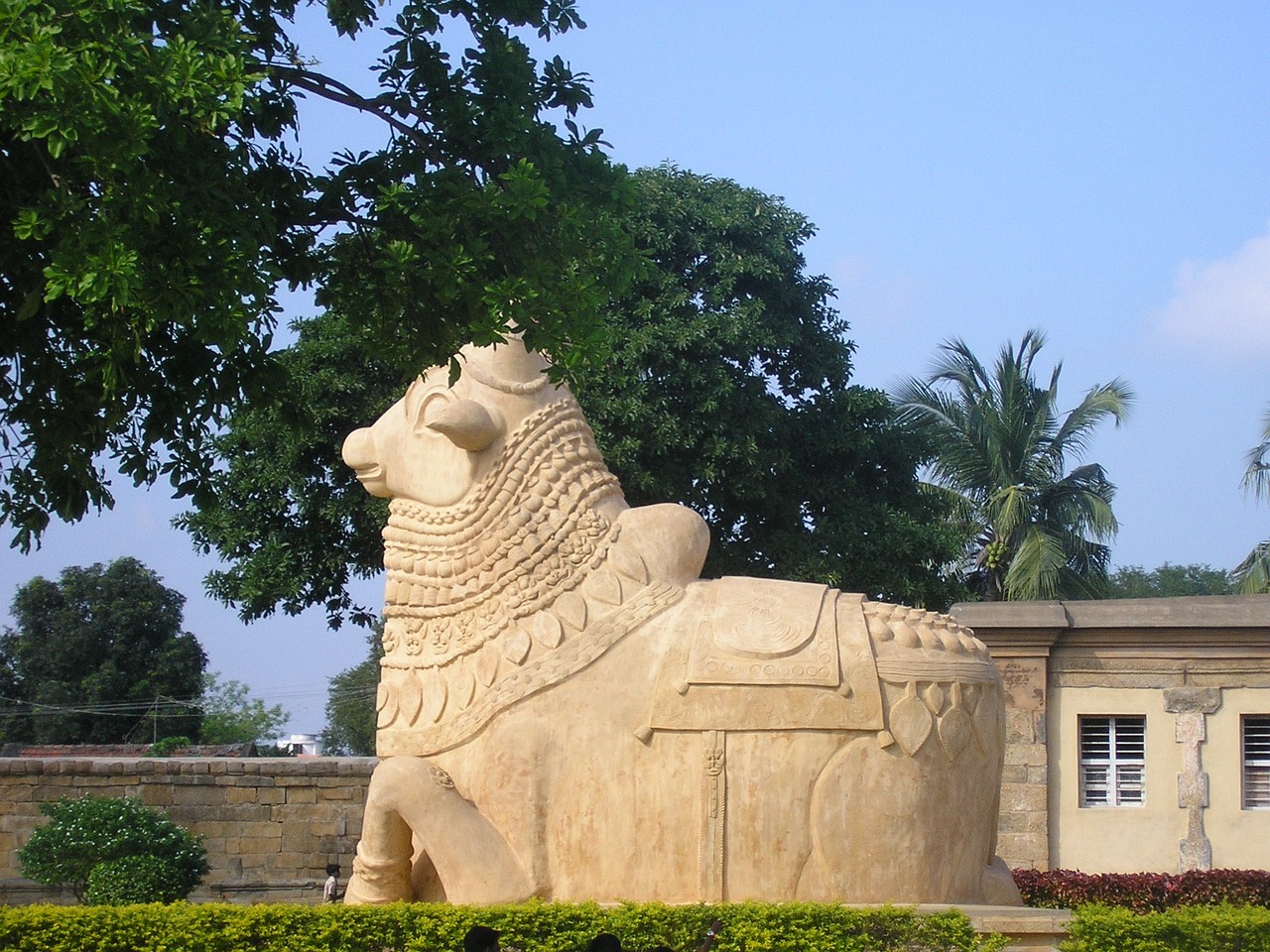The Impact of Third-Party Candidates on Elections
gold bet 7, ???? ????????, 11xplay.online:The Impact of Third-Party Candidates on Elections
In the realm of American politics, third-party candidates have always played a crucial role in shaping the outcome of elections. While major parties like the Democrats and Republicans dominate the landscape, third-party candidates can influence elections by siphoning off votes from the major parties, bringing new ideas and perspectives to the table, and even forcing the major parties to address issues they might otherwise ignore.
So, what exactly is the impact of third-party candidates on elections? Let’s break it down.
Shifting the Electoral Landscape
One of the most noticeable effects of third-party candidates is their ability to shift the electoral landscape. When they enter the race, they often draw support from voters who are dissatisfied with the major party candidates. This can lead to a redistribution of votes, potentially changing the outcome of the election.
For example, in the 2000 presidential election, Green Party candidate Ralph Nader garnered nearly 3 million votes nationwide. Many argue that his presence on the ballot in key swing states cost Al Gore the election, as Nader drew support from voters who might have otherwise voted for Gore.
Bringing New Ideas to the Table
Third-party candidates can also have a significant impact by bringing fresh ideas and perspectives to the table. Major parties can become entrenched in their positions, focusing on issues that are popular with their base but may not be addressing the concerns of a broader swath of the population.
Third-party candidates often champion causes that are overlooked by the major parties, such as campaign finance reform, environmental protection, or civil liberties. By introducing these issues into the conversation, they force the major parties to address them, leading to a more robust and diverse political discourse.
Forcing Major Parties to Adapt
In addition to shaping the conversation, third-party candidates can also force major parties to adapt to changing political realities. When a third-party candidate gains significant support in an election, it can serve as a wake-up call to the major parties that they need to pay attention to the concerns of a broader range of voters.
This pressure can lead to changes in party platforms, candidate selection processes, and even policy priorities. In this way, third-party candidates play a crucial role in pushing the major parties to evolve and respond to the needs of the electorate.
Challenges Faced by Third-Party Candidates
Despite the potential impact they can have, third-party candidates face numerous challenges in the American political system. The two-party system is deeply entrenched, with major parties controlling access to resources, media coverage, and ballot access.
Third-party candidates often struggle to gain visibility and support, as they are not given the same opportunities as major party candidates to participate in debates, access campaign financing, or reach a broad audience. This lack of exposure can make it difficult for third-party candidates to attract voters and compete effectively in elections.
Furthermore, the winner-takes-all nature of most elections in the United States can make it challenging for third-party candidates to garner enough support to win. Many voters are reluctant to “waste” their vote on a candidate who has little chance of winning, leading them to gravitate towards the major party candidates instead.
FAQs
Q: Do third-party candidates ever win elections?
A: While it is rare for third-party candidates to win major elections in the United States, it has happened on occasion. In local elections, third-party candidates have a better chance of success, as they can focus on a specific constituency and build support over time. However, at the national level, the two-party system presents significant obstacles to third-party candidates seeking to win office.
Q: Are third-party candidates a hindrance to the electoral process?
A: Some argue that third-party candidates can be a hindrance to the electoral process, as they can potentially siphon off votes from major party candidates and affect the outcome of elections. However, others believe that third-party candidates play a vital role in bringing new ideas and perspectives to the table, pushing major parties to adapt and respond to the needs of the electorate.
Q: How can third-party candidates overcome the challenges they face?
A: To overcome the challenges they face, third-party candidates must work hard to build a strong grassroots movement, connect with voters on a personal level, and leverage social media and other digital platforms to reach a broader audience. It is also essential for third-party candidates to focus on local races where they have a better chance of success and can build a base of support for future campaigns.







